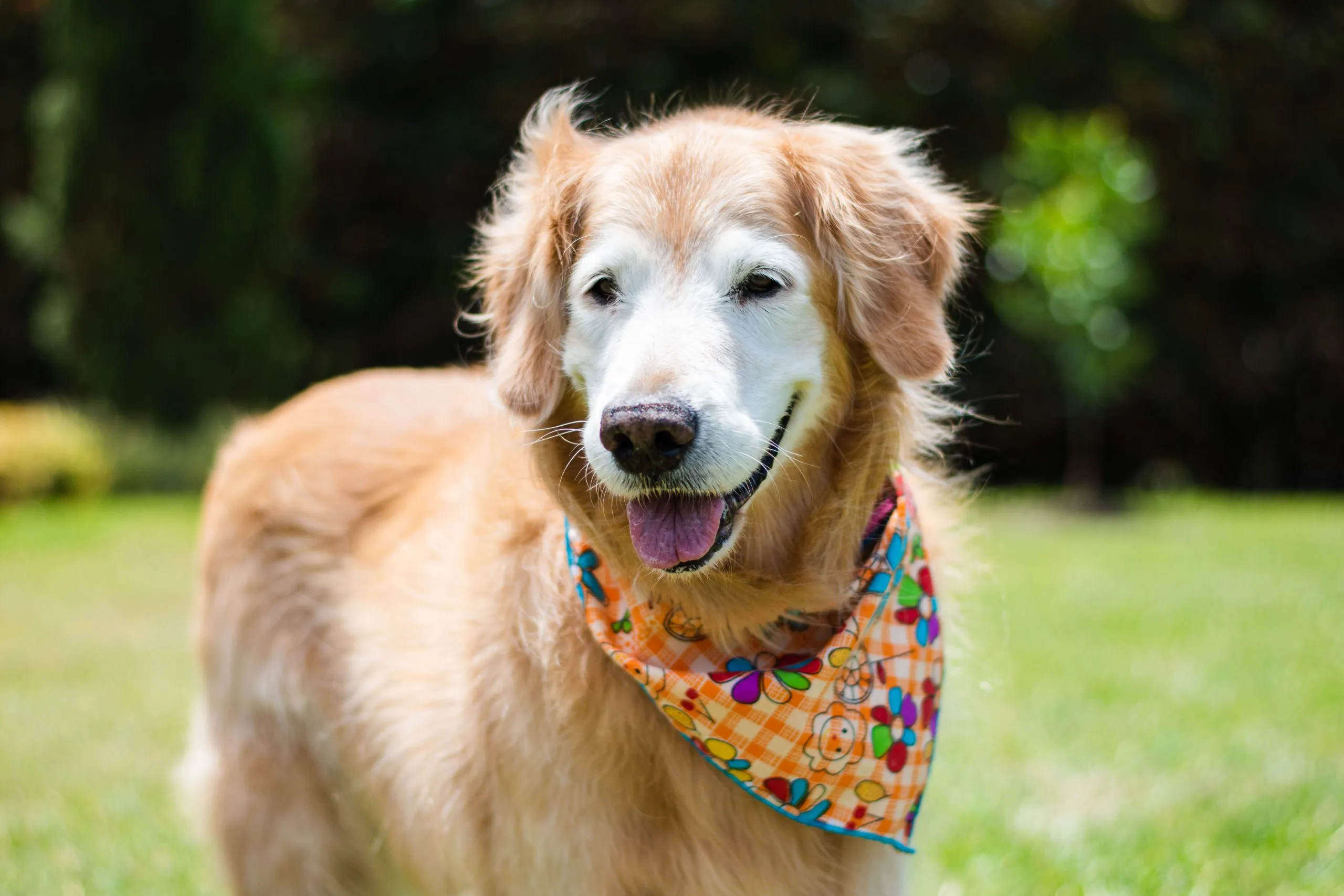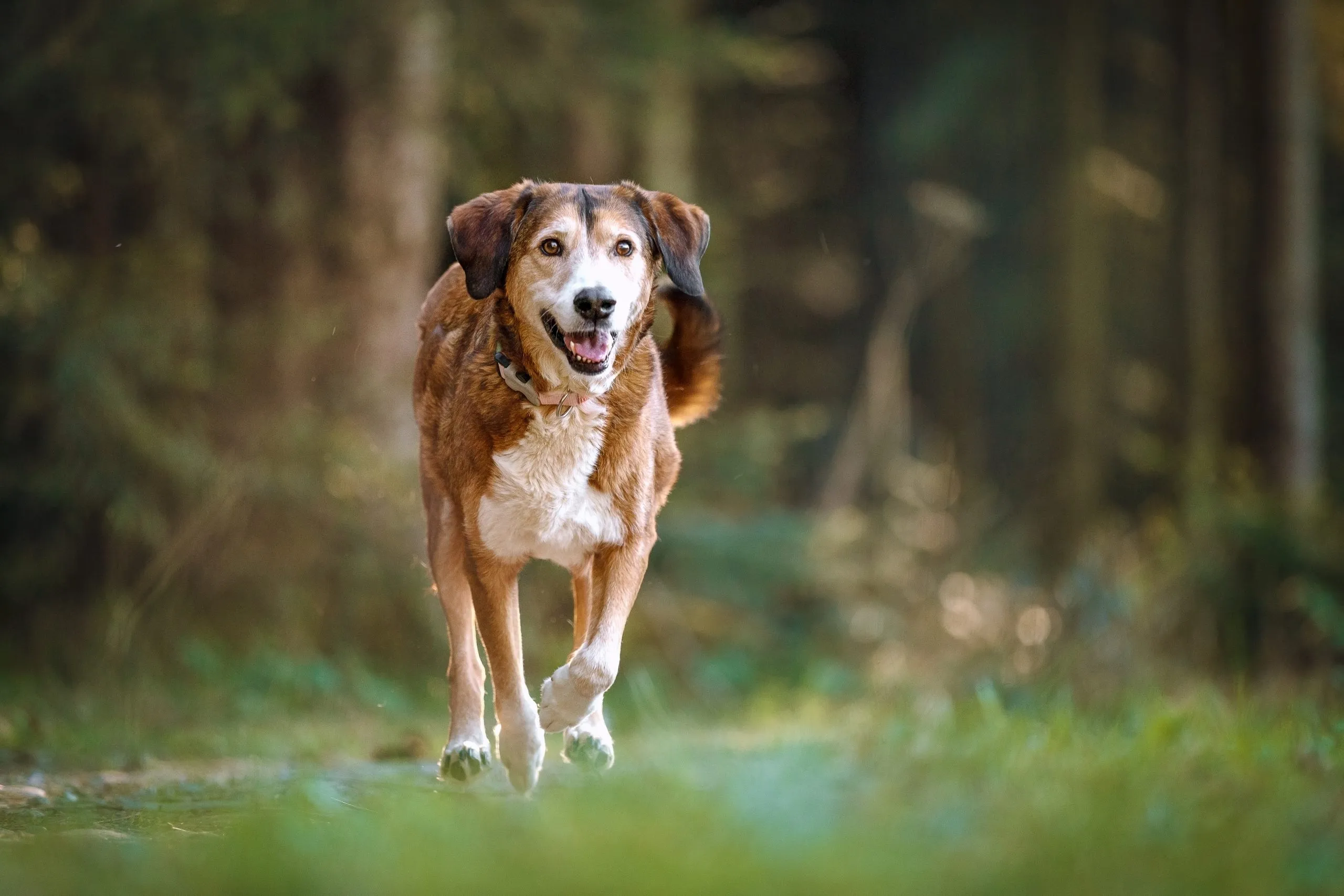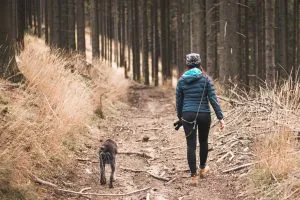Thinking about bringing a dog into your life? While puppies are undeniably adorable, Looking To Adopt An Older Dog offers a unique and incredibly rewarding experience. Often overlooked in shelters, senior dogs bring a wealth of benefits and a gentle maturity that can perfectly complement a loving home. This guide explores why opening your heart and home to a senior canine companion might be the most fulfilling choice you ever make.
The Undeniable Advantages of Welcoming a Senior Dog
The appeal of puppies is understandable, but older dogs come with a distinct set of advantages that often make them ideal pets, especially for those new to dog ownership or seeking a more settled companion.
One of the most significant benefits of adopting an older dog is their established training. Most senior dogs are already housebroken and have experience with basic commands. This means less time spent on foundational training and more time enjoying your new best friend. As Jamie Garabedian, Assistant Director of Operations at Northeast Animal Shelter (NEAS), points out, “Usually, if you’re adopting an older dog or cat, the likelihood is that they’re more acclimated to already living in a home setting and can settle in a little bit quicker than a puppy or a kitten could.” This makes the transition smoother for both the dog and the adopter.
Beyond practicality, there’s a profound emotional reward in adopting a senior dog. Moving from a familiar environment to a shelter can be incredibly stressful for any animal, and senior pets are no exception. Providing a stable, loving home to a dog that may have been surrendered due to no fault of their own is a deeply gratifying experience. These dogs often express immense gratitude, cherishing the comfort and security they find with you. “It’s a lot more fulfilling to provide an older animal that might not get adopted as quickly as relief from being in a shelter and get them back into a home,” Jamie explains. They truly appreciate the second chance at life you offer them. For those considering specific breeds, resources on top 10 dogs for seniors can offer further insight into suitable companions.

Addressing Common Misconceptions About Senior Dogs
Despite their many virtues, senior dogs often face a stigma rooted in misconceptions. It’s vital to address these myths to ensure these deserving animals find the loving homes they deserve.
A prevalent myth is that adopting a senior dog means inheriting someone else’s “problem pet.” This is rarely the case. While owners may part with pets for various reasons, with senior dogs, it’s often due to circumstances beyond the dog’s control, such as owner illness, job loss, or the passing of the owner. These situations do not reflect poorly on the dog’s temperament or trainability.
Other common misconceptions include:
- High veterinary bills: While senior dogs may have age-related health concerns, the cost of veterinary care is not inherently higher than for younger animals and can often be managed through proactive care. Exploring options for best house dogs for seniors can also help in selecting a breed with generally fewer breed-specific health issues.
- Inability to be trained: As mentioned, most senior dogs are already well-trained in basic manners and house-soiling prevention. They are often eager to please and can learn new commands with positive reinforcement.
- Lack of playfulness: While their energy levels may differ from puppies, many senior dogs remain remarkably active and playful. They can still enjoy walks, gentle play, and interactive toys, often matching the enthusiasm of their younger counterparts.
Perhaps the most heartbreaking misconception is the belief that you’ll have less time with a senior dog. While it’s true that their lifespan may be shorter than a puppy’s, life is inherently unpredictable for all pets. Focusing on the quality of the time you do have is far more important than dwelling on the unknown future. As Jamie emphasizes, “You’re helping to save a life – and because of you, that dog or cat is going to have a loving family and, ultimately, a happy retirement.”

Potential Challenges When Adopting a Senior Dog
While the benefits are substantial, it’s important to be prepared for potential challenges when adopting a senior dog. Transitioning to a new environment can be stressful for any dog, and older dogs may experience separation anxiety.
Age-related health issues are also a consideration. Regular veterinary check-ups and prompt attention to any health concerns are crucial for ensuring your senior dog’s comfort and well-being. “I honestly think the biggest challenge is knowing you’re not going to have as much time with them,” Jamie acknowledges. This requires a degree of emotional preparedness, accepting that the time spent together may be shorter but aiming to make it as rich and loving as possible.
Preparing for Your Senior Dog Adoption
Regardless of a dog’s age, adoption requires careful consideration. Reflect on your lifestyle and what you can offer a canine companion. Are you an active individual who enjoys the outdoors, or do you prefer a more relaxed home environment? Understanding your own needs will help you find a dog whose personality and energy level are a good match.
When visiting a shelter, take the time to interact with the dogs and speak with the staff. They are invaluable resources for understanding a dog’s temperament and history. Shelters like NEAS and MSPCA-Angell are adept at matching pets with suitable adopters. If you already have a dog, it’s highly recommended to arrange an introduction at the shelter to gauge their compatibility. Once home, introduce your new senior dog gradually, providing them with their own space and allowing them to acclimate at their own pace. Just like humans, building trust and a bond takes time. Consider breeds that are known to be good companions for existing pets, as outlined in guides on best house dog for seniors.

Keeping Your Senior Dog Healthy and Happy
Maintaining your senior dog’s health and happiness involves a proactive approach, with your veterinarian as your primary partner. Discuss creating a tailored maintenance plan, which might include supplements for conditions like arthritis. Regular veterinary screenings, including bloodwork, urinalysis, physical examinations, and dental checks, are essential for early detection and management of potential health issues.
Exercise remains vital for senior dogs, even if their needs differ from puppies. Regular walks, even if shorter, allow them to burn off excess energy and engage their senses, particularly their powerful sense of smell. Sniffing is a form of mental stimulation that is crucial for a dog’s cognitive health. For those with smaller living spaces or looking for breeds that adapt well, resources on small dog breeds for seniors can be helpful.
Ready to Open Your Heart to a Senior Dog?
Adopting an older dog is a profound act of kindness that brings immense joy and companionship. These mature dogs offer a calm presence, often come pre-trained, and possess a deep capacity for love and gratitude. If you are looking to adopt an older dog, you are not just getting a pet; you are saving a life and gaining a devoted family member who will enrich your life in countless ways.
Visit your local shelter or reputable rescue organizations to meet the wonderful senior dogs waiting for their forever homes. You might just find that the perfect addition to your family has a little gray around the muzzle.
MSPCA-Angell and Northeast Animal Shelter are excellent places to begin your search for a senior canine companion.
